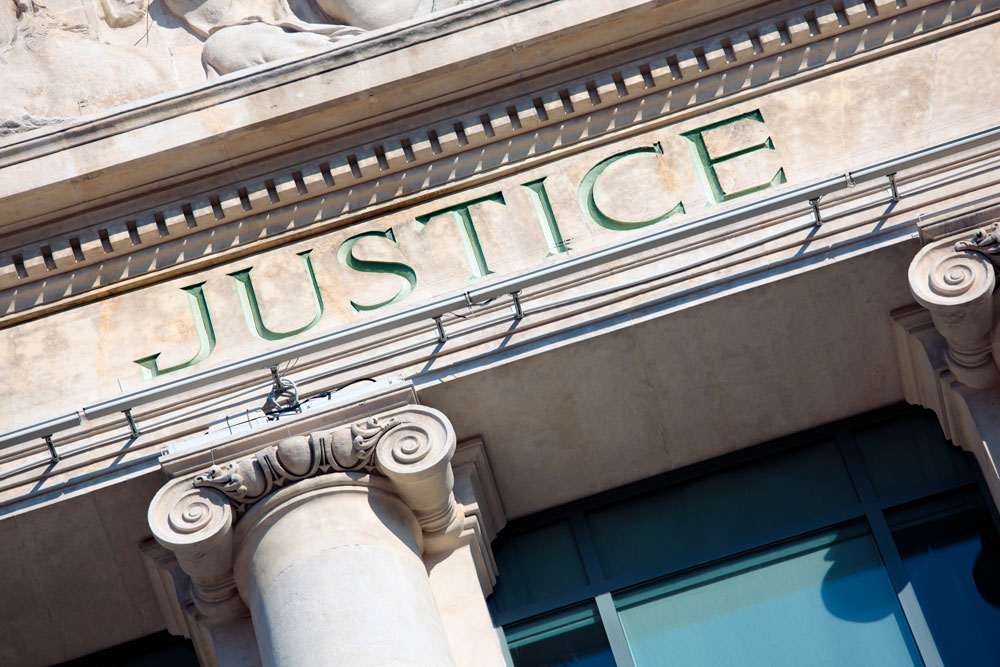The New Jersey Supreme Court continued in relevant part: Second, defendant frames the question presented as whether “prejudice to the State” can “constitute a ‘manifest necessity’ to declare a mistrial without triggering the double jeopardy bar to a re-trial.” (emphasis added.) Defendant is correct that the Appellate Division stated “once the sudden bombshell about the mistaken blood sample was revealed . . . a limiting instruction would not have sufficed to cure the massive prejudice to the State that defense counsel would surely exploit.” However, the Appellate Division did not have access to the trial transcripts, and thus was without a record of what actually happened at trial. And the “wide range of discretion” in finding a manifest necessity is recognized not in the Appellate Division, but “in the trial judge, who has his finger on the pulse of the proceedings.”
Here, the trial judge based his decision not on a concern that the State would be prejudiced by continuing with the trial, but by a desire to avoid prejudicing the defendant by forcing him to continue with a trial when the grand jury may have based its decision to indict on false testimony, and when defendant therefore may not have been indicted at all without the BAC evidence. The trial court explicitly noted that it granted a mistrial “in order to safeguard the Defendant’s rights.” (emphasis added). We have no basis to upset that finding. Like in Farmer, notwithstanding that sentence in the Appellate Division’s opinion, the trial court’s primary motive for granting the mistral “was solicitude for the defendant’s interests.”
Third, defendant contends that “allowing a retrial in this situation would allow the State to benefit from its own misconduct.” The ACDL goes further, arguing that allowing a retrial would allow the State to “adjust its own strategy and tactics” in response to defendant’s strategy during the first trial and also to fix “mistakes in jury selection, unfavorable evidentiary rulings, poor feedback from the jury, lack of witness availability, etc.”
The ACDL’s position alludes to how the conviction rate is significantly higher during retrials. This is because the State retries cases with the benefit of knowing the defense strategies. In turn, the State can thoroughly prepare their witnesses for the questions that are likely to be asked.

